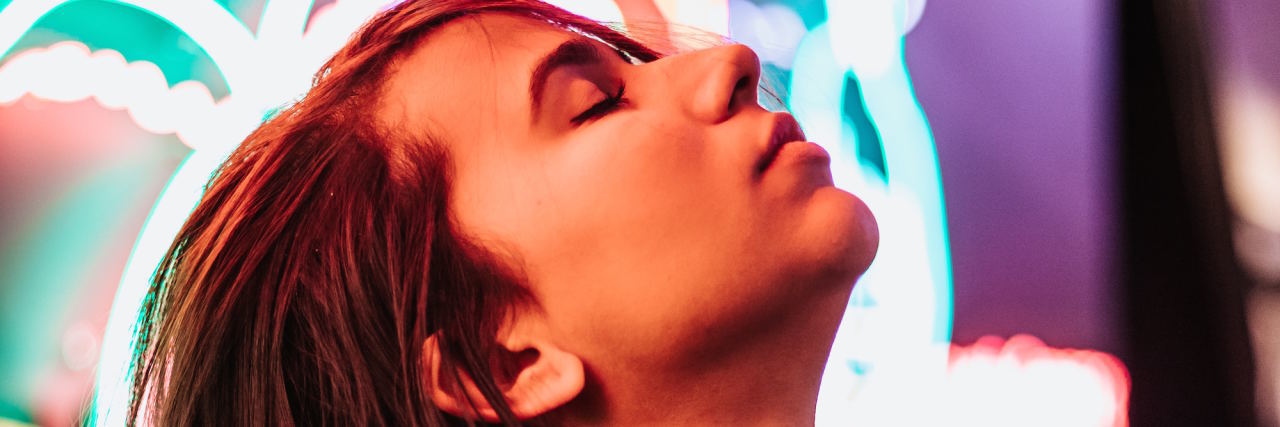Why I Gave Myself Permission to Be a Victim of Trauma
Recently I was reading something on social media where someone said that in regards to her mental health, she had finally given herself permission to be a victim. I thought this was such a profound statement. Like I sometimes do though, I got lost reading the comments to this declaration and was astounded by the people who made light of her comment, or told her to never be a victim, and to call herself a “survivor” instead.
I started thinking about the words survivor and victim, and how powerful they really were. I agree no one should ever be victimized. I agree you should not play the role of a victim for sympathy or attention. But I don’t think that is what this person meant at all.
I am a survivor, but I wasn’t always. For a long time I was lost in the haze of guilt and shame for the things that had happened to me. For years I blamed myself for things I had no control over and pushed it all down deep inside where I tried to hide it and ignore it.
That didn’t work all that well. Maybe it did for a while, but we all know that is not a long-term solution to trauma.
One day I woke up and it seemed like the past was alive and haunting me. It was all I could think about; the trauma I’d suffered was sapping all my energy and stealing my peace.
The “peace” I felt though was kind of a joke. It wasn’t real. It wasn’t born from handling my trauma in any healthy way. It was just avoidance. But the guilt was there, as hot and humiliating as it had always been.
It felt like it was my fault I’d been hurt. If I had done something differently, maybe it wouldn’t have happened. I didn’t tell anyone at the time. I couldn’t tell anyone now — years later — I’d be judged for my silence. It was so long ago it didn’t really matter anymore, right?
Those were the lies I told myself to try to stuff it all back inside.
But something stopped me.
I began to talk to someone about my past trauma. Things became so much clearer.
It was not my fault. I was not responsible for someone else hurting me. I didn’t do anything wrong and there was nothing I could have done to stop it. I was a victim. There it was — that elusive grain of truth.
I had to admit I had no control over the actions of another person. I was a victim of their abuse. I gave myself permission to be just that. A victim.
I no longer held myself responsible. It took some time, practice and patience, but I did it. I let go of the guilt and stopped trying to accept responsibility for the actions of others.
Once I let myself be a victim, my healing was much more powerful. I was able to move on to being a survivor. Being a survivor meant something after that. It meant while I had been a victim, it had no power over me and my life, because healing had turned me into something else.
As my daughter goes through her own healing process, I saw the same struggle in her eyes. The blame. The guilt. The belief that she deserved the bad things that had happened to her because she had done something wrong, or because she wasn’t enough. No matter how I tried to reassure her it wasn’t her fault, she didn’t believe me.
Her therapist had her do many exercises to get past that thinking and to see that she could only be responsible for her own actions and responses. She could not hold herself responsible for what someone else did. Even to her. She had to accept she had been helpless. Admitting you were helpless can be a scary thing. As a victim, it was not her fault. She could not change her past, but she could decide her future. She could use being a victim to become a survivor.
I think that is an important step. We see victims as weak and survivors as strong, but that isn’t true. We are survivors because we were victims that refused to give up. Admitting that we were victims; admitting we were once helpless, is what makes us strong.
Unsplash photo via Tyler Nix

